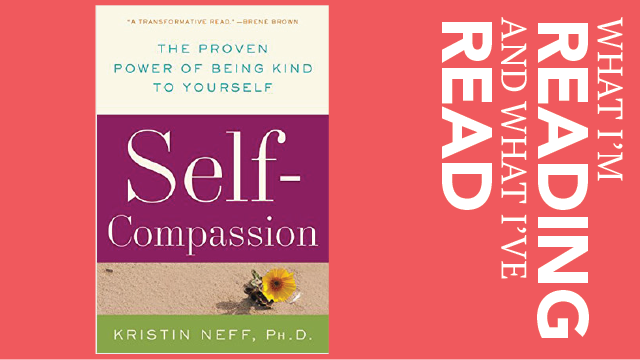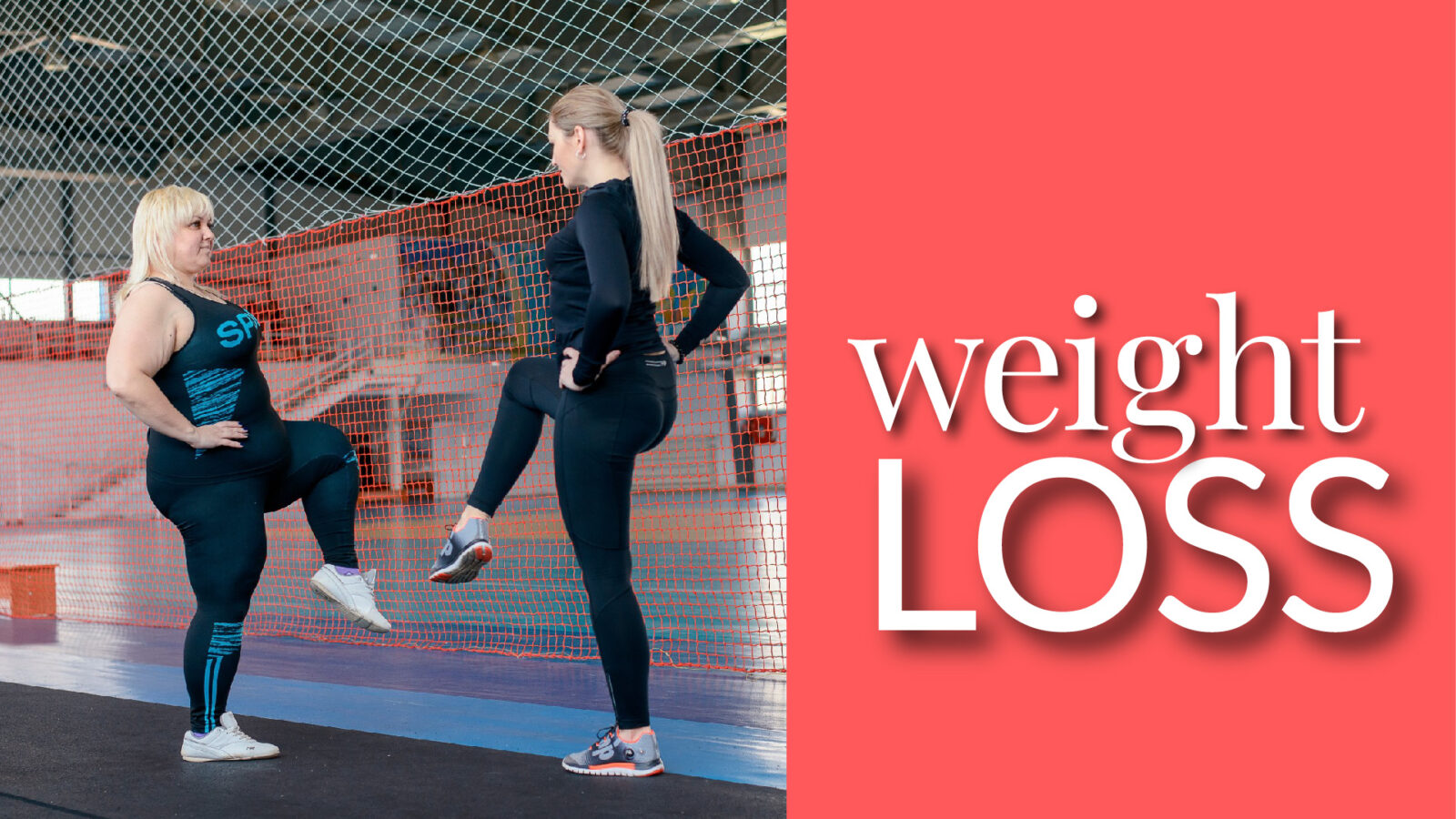Self-Compassion by Kristen Neff

Neff’s book is not a “fitness” text, but her tenets should absolutely be applied when trying to adopt a healthier lifestyle. Why? Adopting a healthier lifestyle requires learning to be on your “own side” — learning to care enough about yourself to make healthy, productive, and compassionate choices — something Neff advocates for in spades.
“Be on our own side”? Obvious? Sure. Something we all do naturally? I wish!
Most of us have an enemy living inside our heads! We are extremely cruel to ourselves. Internally, we use a belittling tone of voice and rude language that we would never use on the barista at Starbucks — let alone a loved one! (I am absolutely still working on this. My daily goal is to develop a relationship with myself built on respect and compassion not leftover childhood hate and self-criticism.)
Reflect on this for a minute. The fact that we spend the majority of our day with someone who is being mean to us — not believing in us — is heartbreaking. No wonder so many of us overeat, drink too much, and under exercise!
So, instead of only working to find a perfect diet to follow or the “best” new exercise routine, consider ALSO working on your internal dialogue. Finding the appropriate actions to take and learning how to actually implement those actions go hand in hand.
Your self-talk bridges the gap between thinking about making a choice and actually making it. You can think about binging on cookies but not actually binge. Or, you can think about going to the gym but not actually go. Thoughts are not facts. Thoughts are not acts. Thoughts only become acts after you — through self-talk — decide how to interpret them.
Read Neff’s book to learn how to change your belittling unhelpful self-talk into productive compassionate self-talk. Your internal dialogue should be accurate, honest, and well-intentioned — based on helping yourself not hurting or belittling yourself. Your tone should be firm and passionate — just not belittling or harsh. Your thoughts and words should be beneficial, useful, and timely. Anxiety (future-thinking phantom thoughts) and loops of the past are not timely or useful. Harness what you can do in the current moment to benefit your situation and mood. Let go of thoughts that feed feelings of anger, self-doubt, and resentment.
Note, and this is KEY, that “compassionate self-talk” is not a synonym for “self-indulgent self-talk”! Compassion has its roots in caring; care enough about yourself to make healthy choices. Think enough of yourself to expect yourself to try. Hold yourself to high standards because you love yourself. Don’t justify skipping the gym or eating cake with, “Well, Kathleen told me to be compassionate.” (Skipping the gym or eating crap is NOT compassion. Going to the gym and eating well are two key ways to show your body “love.”)
An example …
Let’s say you skip your workout to sit and watch TV.
Negative self-talk: “I am so lazy. Why do I even try? Might as well have some ice cream. I am a loser.”
Self-indulgent self-talk: “Who needs a workout? Kathleen told me to be nice to myself. C’est la vie. Life is worth living.”
Compassionate self-talk: “I don’t love that I missed the workout, but life happens. I would not mind if I had planned to miss a workout for something fun, but just to watch TV seems like a “waste” of a skip. The question is, why did I miss it? Why did I not have energy? Why did I want to watch TV? Did I not get enough sleep last night? Did I not eat well through the day? Am I sad? How can I learn from this experience? I don’t respect that I missed the workout, but I am only human.”












